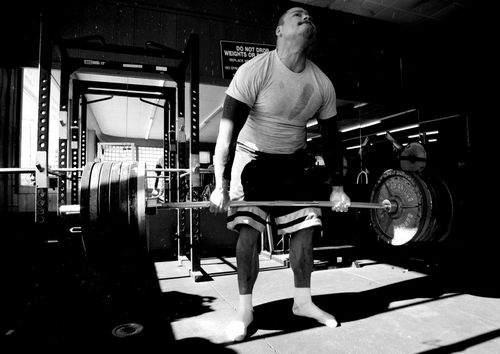In the world of competitive sports and bodybuilding, the use of steroids has become a controversial topic due to their powerful effects on muscle growth and performance enhancement. While many athletes seek to improve their physical capabilities, they often overlook the significant impact that steroids can have on their cardiovascular system. Understanding these effects is essential for making informed decisions and prioritizing long-term health over short-term gains.
What Are Anabolic Steroids?
Anabolic steroids are synthetic derivatives of testosterone, the primary male sex hormone responsible for the development of male secondary sexual characteristics. These substances promote muscle hypertrophy (growth) and enhance physical performance by increasing protein synthesis within cells, leading to faster recovery and muscle gains.
Commonly abused anabolic steroids include substances such as testosterone, nandrolone, trenbolone, and stanozolol. Athletes and bodybuilders often administer these drugs in doses much higher than physiological levels, amplifying both their desired effects and potential side effects.
The Impact of Steroids on the Cardiovascular System
The influence of steroids extends beyond muscular development; they significantly affect cardiovascular health. Here, we explore the various ways in which steroid use impacts the heart and blood vessels:
Alterations in Lipid Profiles
- Increase in LDL Cholesterol: Steroid use can elevate low-density lipoprotein (LDL) levels, commonly known as “bad” cholesterol. Elevated LDL promotes plaque buildup in arteries, increasing the risk of atherosclerosis.
- Decrease in HDL Cholesterol: High-density lipoprotein (HDL), or “good” cholesterol, tends to decrease with steroid use. Lower HDL levels reduce the body’s ability to remove cholesterol from arteries, further contributing to cardiovascular disease.
Blood Pressure Changes
- Hypertension: Steroids can cause fluid retention and increase blood volume, leading to elevated blood pressure. Persistent hypertension strains the heart and increases the risk of stroke and heart failure.
Structural and Functional Cardiac Alterations
Prolonged steroid use can induce structural changes in the heart, including:

- Left Ventricular Hypertrophy: Enlargement of the left ventricle, which may initially boost cardiac output but eventually impairs heart function.
- Myocardial Fibrosis: Increased fibrous tissue in the heart muscle, reducing elasticity and impairing contractility.
These alterations can predispose athletes to arrhythmias, reduced cardiac efficiency, and even sudden cardiac death.
Increased Risk of Thrombosis
Steroids can induce a hypercoagulable state, meaning the blood becomes more prone to clot formation. This heightens the risk of thrombosis, which can lead to heart attacks or strokes if clots obstruct coronary or cerebral arteries.
Mechanisms Behind Cardiovascular Risks
The adverse effects of steroids on the cardiovascular system stem from multiple mechanisms:
- Lipid Metabolism Disruption: Steroids alter lipid profiles by affecting liver function—where cholesterol synthesis occurs—leading to unfavorable lipid ratios.
- Fluid Retention: Steroids promote sodium and water retention, increasing blood volume and pressure.
- Vascular Damage: Steroids may damage endothelial cells lining blood vessels, promoting inflammation and plaque formation.
- Hormonal Imbalance: Suppression of endogenous testosterone production can indirectly influence cardiovascular health.
Risks Associated with Steroid Abuse in Athletes
While some athletes may experience transient improvements in strength and performance, the long-term risks outweigh these benefits. Chronic steroid use can lead to:
- Development of hypertension
- Accelerated atherosclerosis
- Increased likelihood of heart attack and stroke
- Cardiac arrhythmias
- Heart failure in severe cases
The use of steroids can have a significant impact on an athlete’s cardiovascular system. Prolonged use of steroids can lead to an increased risk of heart disease, high blood pressure, and other cardiovascular issues. It is important for athletes to be aware of these potential risks and to use steroids responsibly. For more information on steroids and their effects, visit steroids for sale online.
Conclusion
Although anabolic steroids can provide rapid muscle growth and enhanced athletic performance, their cardiovascular consequences pose serious health threats. The alterations in lipid profiles, blood pressure, heart structure, and function highlight the importance of cautious use, if at all. Athletes should weigh the short-term advantages against the potential for lifelong cardiovascular complications.
Prioritizing natural training, proper nutrition, and medical supervision remains the safest path toward athletic excellence. Awareness and education about these risks are critical steps in safeguarding long-term health and well-being.


